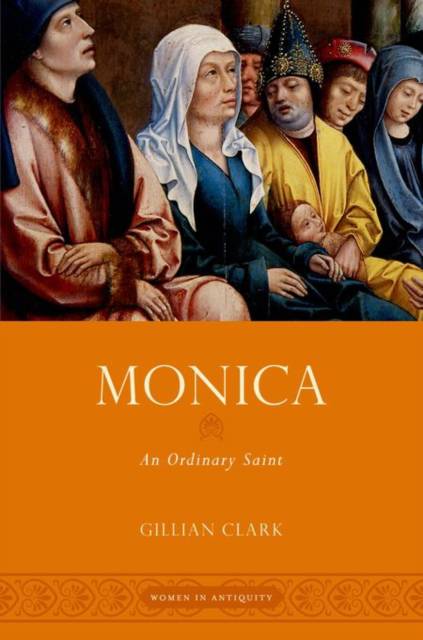
- Afhalen na 1 uur in een winkel met voorraad
- Gratis thuislevering in België vanaf € 30
- Ruim aanbod met 7 miljoen producten
- Afhalen na 1 uur in een winkel met voorraad
- Gratis thuislevering in België vanaf € 30
- Ruim aanbod met 7 miljoen producten
Zoeken
€ 205,45
+ 410 punten
Omschrijving
In Monica: An Ordinary Saint, Gillian Clark reconciles competing images of the life and legacy of Augustine's mother, arriving at a woman who was shrewd and enterprising, but also meek and gentle.
Specificaties
Betrokkenen
- Auteur(s):
- Uitgeverij:
Inhoud
- Aantal bladzijden:
- 208
- Reeks:
Eigenschappen
- Productcode (EAN):
- 9780199988389
- Verschijningsdatum:
- 20/08/2015
- Uitvoering:
- Hardcover
- Afmetingen:
- 245 mm x 164 mm
- Gewicht:
- 438 g

Alleen bij Standaard Boekhandel
+ 410 punten op je klantenkaart van Standaard Boekhandel
Beoordelingen
We publiceren alleen reviews die voldoen aan de voorwaarden voor reviews. Bekijk onze voorwaarden voor reviews.







